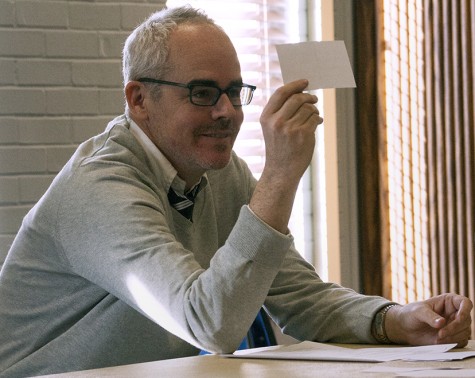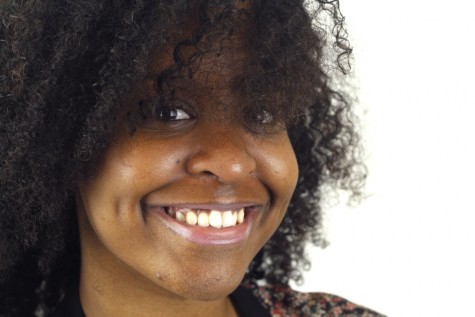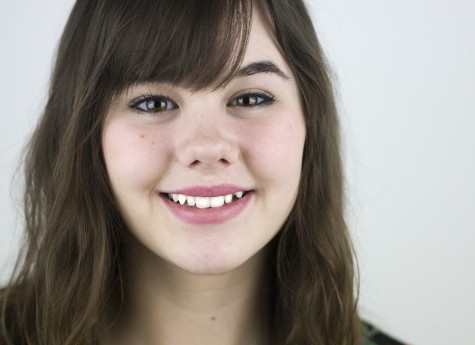EIUnity and its panels starts up questions
February 8, 2016
People from Eastern found themselves in the different workshops related to diversity on Friday.
The 8th annual EIUnity Diversity Conference featured a variety of workshops that covered topics such as race, sexuality, being a first generation student, studying abroad and more.
Members of the Eastern community were able to place their questions concerning race in a confidential way through written notes they could anonymously leave in a box.
Sociology professor Wade Smith and anthropology professor Donald Holly later answered those questions at the “Everything You Wanted to Know about Race” workshop.
The professors said this method of answering questions was a way to diffuse a sensitive topic.
The opening question was ‘Where do white people come from?’
Holly snagged the question, responding that the origin of modern people is Africa. He went on to say that the environment determines characteristics and this includes nose shape, height and skin color.
He said people who live in dry hot places develop larger nose in comparison to those in humid areas.
Holly said oftentimes, people create fake lines in order to categorize other humans as different.
“Nature doesn’t create race, nature spits out all of this diversity into the world,” Holly said. “ People like to create categories and that’s where racists come from.”
Holly said people should be faulted when they take those differences and place labels on them.
Another question that came up was the “double-standard” with the N-Word. Another was the difference between the phrases “people of color” and “colored people.”
Smith said the phrase colored people carried heavy connotation many years ago.

Don Holly answers a question about racial categorization Friday during the “Everything you wanted to know about race but were afraid to ask” workshop for the Diversity Conference in the Charleston Mattoon room of Martin Luther King Jr. University Union.
“It was intended to deny people personhood and deny certain rights and opportunities,” Smith said. “It’s important to hear language and what it intended to signify.”
Smith said it used to be a power thing and the word has so much history that it now has a negative meaning attached.
An audience member asked what was wrong with people acknowledging the differences in people. Smith said people are not blind, but they should not make certain notions based on what they see.
“There are black, brown and white people, but we have created a social space in which there are certain meanings attached to them,” Smith said. “The issue comes in when we attach meanings based on assumptions.”
The question of stereotypes came up and Holly went on to describe the different correlations people make with race.
He said it is more of a cultural relationship rather than being born with traits.
“There is not a biological aspect to what a person can be good at,” Holly said. “Do you think Chinese people have a pingpong gene?”
Autumn Fijolek, a junior elementary education major said she cares about diversity and sees it as problematic as of recently.
She said one reason she came to the conference was to see the many solutions that can come from just talking.
“(Race) should always be a part of what we talk about because it’s always around and as much I would want it to go away, I don’t think it is,” Fijolek said.
Mona Davenport, the director of Minority Affairs, said the conference went from 30 people in its first year to having over 320 people this year.
This year, a lot of faculty stepped up and asked to be a part of the conference, Davenport said.
“It brought a more serious awareness to our students and faculty,” Davenport said.
T’Nerra Butler can be reached at 581-2812 or [email protected]
















































